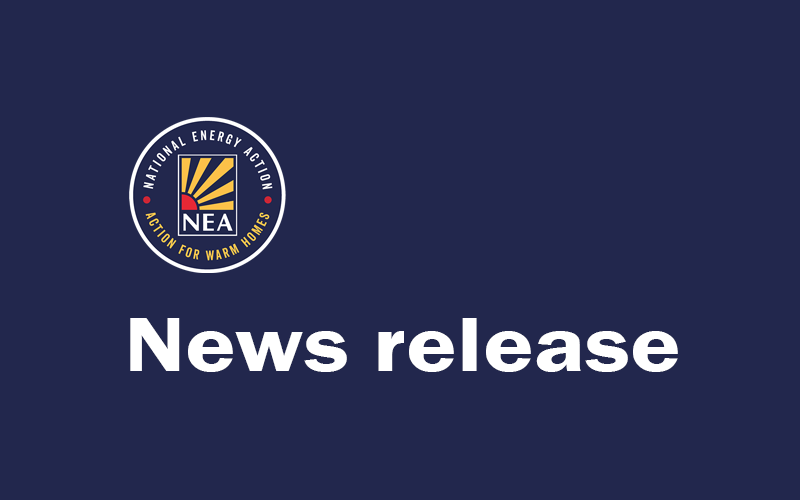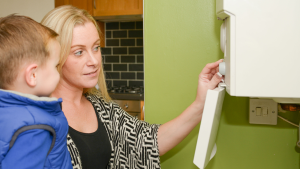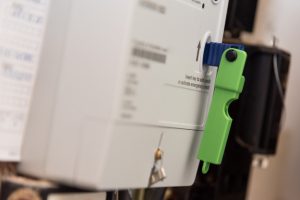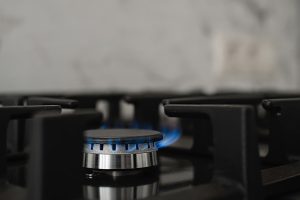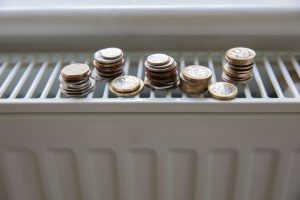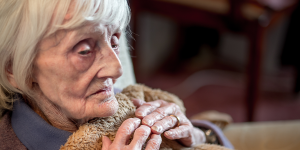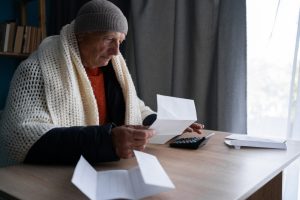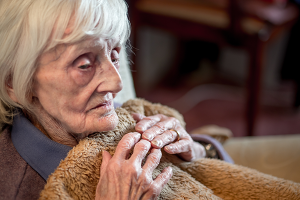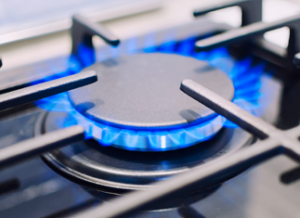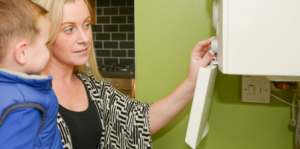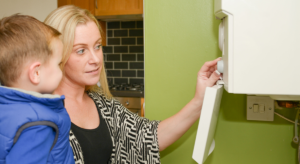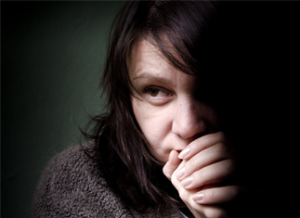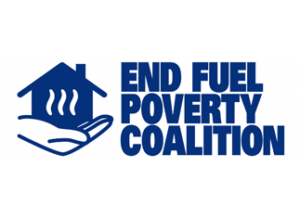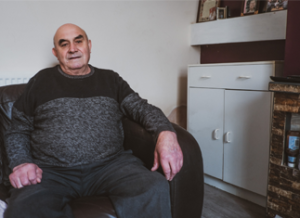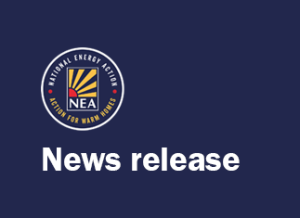A new report released today warns of significant hardship for fuel poor households in the coming winter, as a potent combination of higher energy use resulting from staying at home for longer is mixed with reductions in income.
The UK Fuel Poverty Monitor, produced by fuel poverty charities National Energy Action and Energy Action Scotland, collected evidence from 73 organisations to understand the impact that Covid-19 has had on energy consumers, and look ahead to the challenges they will face this winter.
The research found that three quarters of frontline organisations are concerned that there is a high risk that fuel debt will increase this winter as a direct result of the pandemic, while 98% believe that there is a moderate or high risk of more households cutting back on their energy use due to being forced to spend more time at home during lockdown periods.
The risks were found to be most acute for prepayment meter households, who found it more difficult to top up when asked not to leave their homes, and many of whom will be in significant debt even before this winter. This creates a particularly stark situation in Northern Ireland, where a far greater proportion of the population uses prepayment energy meters.
This supports broader evidence that this winter will be particularly hard for those that struggle to afford a warm home:
- Over the last five winters the number of excess winter deaths due to living in a cold home is estimated at approximately 10,000 per year.
- During the lockdown months, energy efficiency measure installs dropped by almost 90%, the equivalent to 30,000 fewer measures installed.
- In the event of a winter lockdown, families in cold, leaky homes would face heating bills elevated £49 higher than those in well insulated homes.
- One in three British households are concerned about the health impacts of living in a cold home this winter.
Adam Scorer, Chief Executive of National Energy Action (NEA) said:
“Cold weather always hits fuel poor households hard. This winter, the mixture of reduced incomes, higher energy costs and the heightened risk of contracting COVID-19 will be a lethal cocktail for thousands of vulnerable people.
“The experience of frontline organisations, working with some of the most vulnerable households, cries out for increasing the level of support and advice that is available
“In the spring we needed to react quickly and adapt to the crisis. That happened pretty well. For the winter we can plan and resource properly. If we don’t, the cost will be high indeed”.
Frazer Scott, Director of Energy Action Scotland (EAS) and co-author of the report concludes:
“Scotland is facing a particularly challenging winter this year. As industry struggles to return to work improving housing for the most vulnerable, and job losses combine with the end of debt repayment holidays, tens of thousands of households are facing a very worrying time.
“Estimates see fuel poverty rates in Scotland rising to 29% of households many of whom will be facing the threat of a harsh Scottish winter in a cold, damp home. Many of these people will become ill in an all too familiar pattern and will be forced to rely upon NHS Scotland which is already facing unprecedented pressures on its services this year.
“Unlike some of the problems we face as a country, there are many proven solutions to fuel poverty. Let us make this the year we act upon them and prioritise the most vulnerable in society with help.”
Although there are increased risks this winter, the report finds that action can still be taken to mitigate the impacts of the virus on fuel poor households this winter by:
- Improving the identification of customers in need, by using all available data.
- Improving the awareness and communication of available assistance.
- Providing support for prepayment energy customers.
- Addressing the increasing amounts of energy debt that have accrued as a result of the crisis.
- Addressing a hiatus in policy making, and policy programme delivery
Notes to Editors
The report will be available at here from 10am on Monday 14 September. For advance copies or for additional comment or information please contact matt.copeland@nea.org.uk
- The UK Fuel Poverty Monitor is the annual investigative report on fuel poverty in the UK and within each of the four nations, published by National Energy Action (NEA) and Energy Action Scotland (EAS). It assesses and reviews policies which are either aimed at or affect the main drivers of fuel poverty, namely: the energy efficiency of domestic dwellings, household incomes and the cost of energy. This year the monitor focussed on the impacts of COVID-19, conducting research with 73 unique organisations across the energy industry that are on the frontline of addressing fuel poverty.
- NEA works across England, Wales and Northern Ireland to ensure that everyone in the UK can afford to live in a warm, dry home. To achieve this, it aims to improve access to energy and debt advice, provide training, support energy efficiency policies, local projects and co-ordinate other related services which can help change lives. Energy Action Scotland (EAS) campaigns for an end to fuel poverty in Scotland and is the only national charity with this sole remit. EAS aims to develop and promote effective solutions to the problem of cold, damp and expensive to heat homes.
- Through our call for evidence with 73 unique organisations across the energy industry that are on the frontline of addressing fuel poverty, we found that three quarters frontline organisations say there was a high risk of the increased building up of fuel debt this winter, as a direct result of the pandemic. 98% said that there is a moderate or high risk of more households cutting back on their energy use due to being forced to spend more time at home during lockdown periods More information can be found in the report.
- Over the last 5 years, there has been an average of 35,562 excess winter deaths. NEA estimates that approximately 30% of these are attributable to the impact cold homes have on those with respiratory and cardio-vascular diseases and the impact cold has on increasing trips and falls and in a small number of cases, direct hyperthermia. This is in line with estimates made by the world health organisation – http://www.euro.who.int/__data/assets/pdf_file/0003/142077/e95004.pdf
- Statistics on energy efficiency installations are taken from the official BEIS ECO statistics, found at https://www.gov.uk/government/collections/household-energy-efficiency-national-statistics
- Analysis from the Energy and Climate Intelligence Unit (ECIU) demonstrates that, over winter, families in cold, leaky homes would face heating bills elevated on average to £124 per month, compared with £76 per month for those in well-insulated homes. For more information see https://eciu.net/analysis/reports/2020/lockdown-in-leaky-homes
- A YouGov poll, commissioned by National Energy Action (NEA), shows that one-in-three British households are concerned about the health impacts of living in a cold home.


